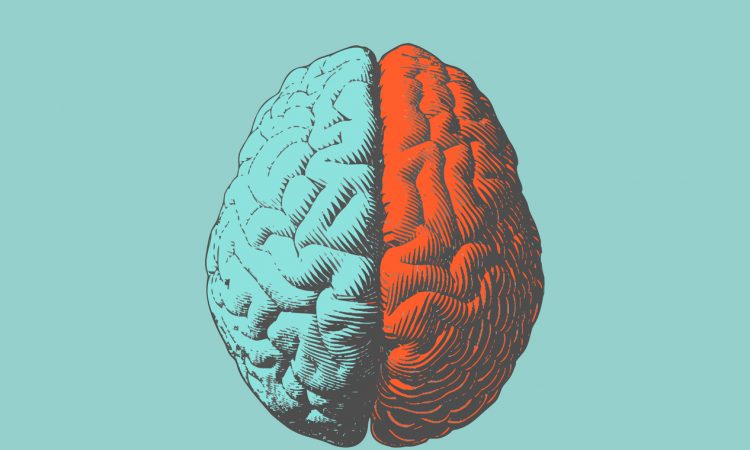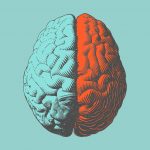Last fall, I made the transition from being a Career Educator to a Learning Skills Specialist. What is a learning skill, you ask? You may have heard the motto “learning how to learn” to help describe what we do. In our Centre, the most popular topics among students are time management, academic reading and note taking, and exam preparation. We also work with Course Directors to help students build skills they will need to use in their assignments, such as critical thinking, giving presentations and working in groups.
The more I learn about the science of learning, the more I am challenged to reflect on how I can be a better learner and an educator (whether it be of learning skills, career or otherwise). It turns out that some of the more commonly used strategies for learning are not the most effective. Here are just a couple of pieces I have picked up from Learning Skills that may help you in your work with students.
Understand first, memorize later
An underlying theme across all our learning skills topics is the importance of learning with the goal of understanding the material. Whether a student is learning about how to prepare for an interview, how to manage their time or a new concept from their textbook, the same principle applies.
We are often so focused on what we need to do with the information (eg, will it be on the test?) that we don’t always take the time to really understand the material. When we engage in deep learning, we are better able to enjoy the learning process, generate personal examples, apply concepts, see relationships between ideas and, yes, remember the material better.
Career Peers supporting students in our Career Lounge are putting the “understand first, memorize later” motto into practice by helping students build their understanding of career development, so that they can make informed decisions. For example, a student has questions about which experiences to include on their resume. Instead of telling the student the answer, the peer will use open-ended questions, worksheets and other resources in the space to help the student learn about making their resume timely and targeted. They will then support the student in applying what they have learned to decide for themselves which experiences to include.
Reflection exercise:
When you engage in professional development, are you trying to memorize the concepts or understand them?
How can you apply “understand first, memorize later” in how you structure your career services and educational materials?

The power of Retrieval Practice
When we want to revisit material we have previously learned, what do most of us do? We re-read our notes. I’m guilty of still doing this in my professional life – but there is a better way! One of the most effective research-supported study strategies I’ve learned about in my role as a Learning Skills Specialist is called Retrieval Practice.
Retrieval practice is when you deliberately retrieve knowledge that you have previously learned to examine what you know and don’t know. For example, I recently attended a workshop about Design Thinking and I think that I have learned the phases involved in the process. But do I really know them? Without looking at my notes, I try drawing out the Design Thinking process, labelling the phases and explaining them out loud. I discover that I can label 5 out of the 6 and describe 4 in detail. I can now go back to study the process further and learn more about the missing steps.
Retrieving or pulling the information out of your brain is sometimes called practice testing. In retrieval practice, testing is used to enhance learning, not to assess it. In addition to practice tests and quizzes, you can practice retrieval using a multitude of strategies such as flashcards, a one minute journal, teaching a friend or drawing a concept map.
Want the best of CareerWise delivered to your inbox each week? Subscribe to our popular CareerWise Weekly newsletter to receive top news and views in career development every Tuesday.
To make retrieval practice most effective, you will need to get feedback on the accuracy of your retrieval (from yourself or from another person), correct any mistakes and revisit the material. Learn, retrieve, feedback, learn – and repeat. You should leave enough time between learning and retrieval for your brain to start to forget and need to work at pulling out the information.
Practicing retrieval helps you identify key points to better understand the material and makes it easier to retrieve the information the next time you try. In a study by Roediger & Karpicke (2006), students who alternated between study and retrieval scored 68% on a test administered one week later, while students who engaged in multiple study sessions with one retrieval period at the end scored 57%.
I integrated retrieval practice into the training of our Career Peers wherever possible. Exit tickets at the end of the training day included questions about key takeaways. Quizzes and games were used to recall information each morning. Through role play, peers recalled and applied information learned across multiple sessions. Peers were also given opportunities to teach new concepts to the rest of their team.
Reflection exercise:
What is one new thing you have learned in the past month? Pick a retrieval strategy and try it out – what do you recall?
How can you incorporate retrieval practice strategies with students you work with on an ongoing basis?
Conclusion
I hope that you will find these insights from the science of learning as valuable as I have in structuring learning experiences for students and in my own professional development. If you would like to learn more about the science of learning, here are some resources for further reading:
- retrievalpractice.org
- Six Strategies for Effective Learning
- How to Improve Metacognition in the Classroom





